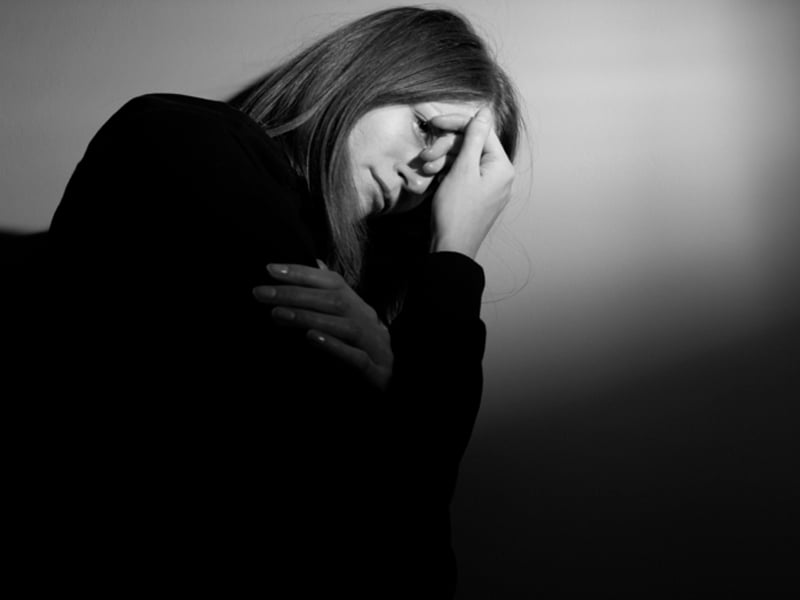
Pakistan is suffering a chronic and largely untreated high incidence of mental ill health. Prevalence studies for common mental disorders indicate that 25-66 per cent of women and 10-40 per cent of men out of a population of around 190 million experience mental disorder at some time in their lives. Mental health services are pitiably poor, almost non-existent in rural areas. There are less than 500 qualified psychiatrists in the whole country. Most psychiatrists practise in the cities, whereas a majority of the population lives in rural areas. Practising physicians may have had no psychiatric training at medical college and have poor diagnostic skills and few treatment options. Funding for mental health services is a tiny portion of wider health budgets and there are no public awareness programmes. The woman who killed her own children is not alone, neither is it uncommon for people to commit violent acts, including murder, during an episode of illness. Poverty is a major stressor, and with poverty and food insecurity on the rise, we may expect further tragedies.
Published in The Express Tribune, November 15th, 2013.
Like Opinion & Editorial on Facebook, follow @ETOpEd on Twitter to receive all updates on all our daily pieces.
COMMENTS (4)
Comments are moderated and generally will be posted if they are on-topic and not abusive.
For more information, please see our Comments FAQ
1729161093-0/liam-(4)1729161093-0-405x300.webp)











Its a common problem in the subcontinent. Education is the key to many a solution.
The article aptly pinpoints the malaise in Pakistani society-the inability to realise that just as the body can fall sick so can the mind. Severe lack of education and failure to accept responsibility for one's own action makes it easier to blame demons and divine powers. However, your article needs to include the phrase psychological interventions, psycho education, etc and acknowledge that there is a whole body of psychologists being trained in the country who are yet to be accepted. All mental health problems are not under sole purview of psychiatrists. This is a team work task and the sooner we have a national mental health policy incorporating the two professionals the sooner this nation can develop a system of identification, asseasment, referral and intervention starting from schools, work places and disaster management. So that every individual does not need to end up in the psychiatric ward.
I belong to an upper middle class family, we have the resources to seek psychiatric help. I have been experiencing acute depression, extreme mood swings to the extent of becoming physically weak and ill. I have sought psychiatric help but my parents refused to accompany me. My brother went with me once but upon seeing a friend at the hospital, he took me home as my family believes it is something to be ashamed of. Even I acknowledge that it is shameful but without help, how will I get better? I try to feel better but I feel myself spiralling out of control. My family only agreed to psychiatric help after I attempted suicide although I did not intend to kill myself. Life is precious and I hope for a second chance. However, in our society, issues are brushed under the carpet rather than facing them and seeking solutions even by educated, broad minded and (supposedly) well meaning families.
I am extremely pleased to see a major newspaper focus on a grossly neglected health issue. you have aptly highlighted the significant disability and burden associated with mental illnesses and the need to develop specialized mental health care as well as strengthen primary care to detect and treat these highly prevalent disorders.